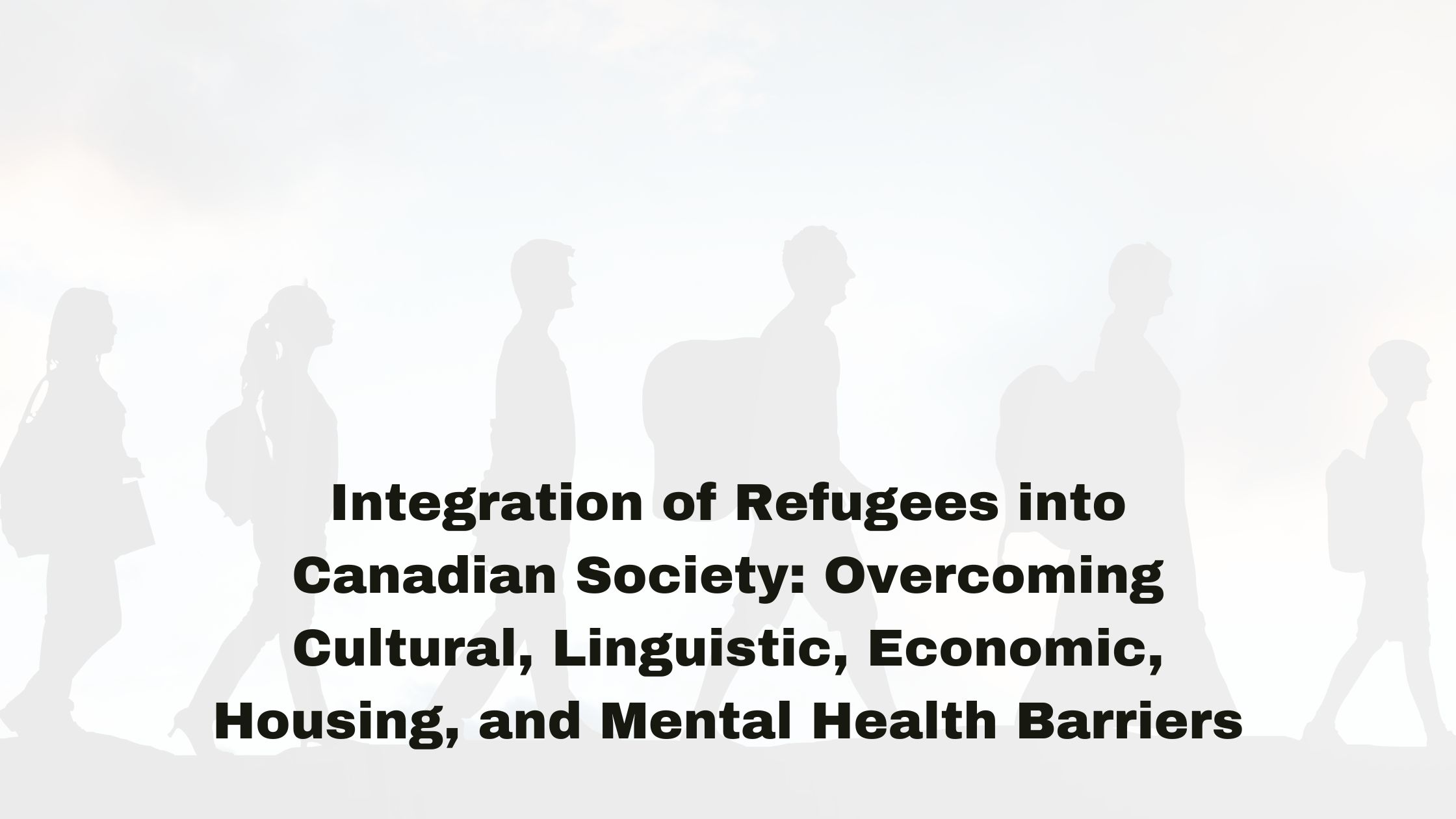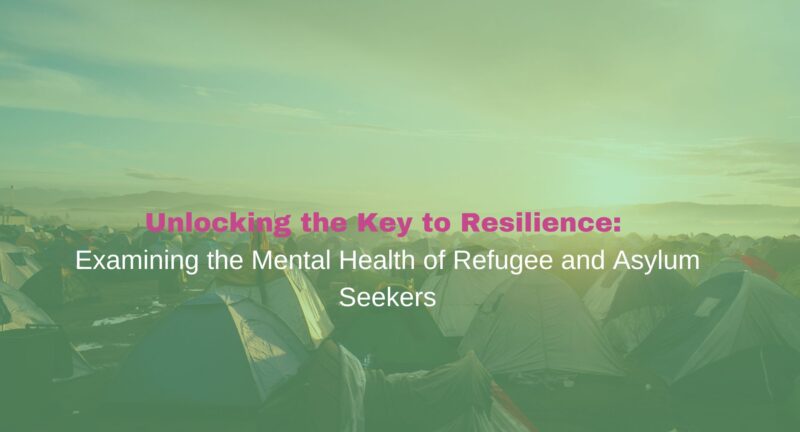
Integration of refugees into Canadian society is a complex process requiring the surmounting of numerous obstacles, such as cultural, linguistic, economic, housing, and mental health barriers. These obstacles can contribute to refugees’ fear of integration and have a negative impact on their health. A comprehensive strategy addressing these obstacles is essential for successful integration.
According to a study by Abadi and Gaubatz (2015), linguistic and cultural barriers resulted in feelings of alienation and disconnection for Syrian refugees living in Canada. To remove these obstacles, it is necessary to offer language classes and cultural orientation programmes that will enable refugees to navigate their new environment and establish ties with their new community. Successful integration also depends on having access to education and employment opportunities, but many refugees encounter significant housing and financial challenges, as shown by a study by Ahmed and Abu-Laban (2017). Services and programmes to help people find work, get trained for work and find affordable housing are required to help refugees deal with these issues.
Prior experiences of violence, trauma, and persecution can lead to anxiety, depression, and PTSD among refugees, as shown in a study by Mirshak and Joly (2017). Refugees need access to mental health services and support networks like mentorship programmes and community-based organizations to deal with these mental health problems. Additionally, promoting diversity and inclusion through education and public awareness campaigns can help address discrimination and racism. Integration can also be helped by getting refugees involved in community activities and events, giving them money, and giving them chances to learn and improve their skills, like language classes and job training programs.
Integration of Refugees into Canadian Society
Integration is a lengthy process that can take years for refugees to become acclimated to their new surroundings. Each refugee should get extensive care and resources that are tailored to his or her unique needs and circumstances. Some may need further classes in their original language, while others may require more financial aid. A comprehensive approach addressing cultural, linguistic, economic, housing, and mental health obstacles is required for the successful integration of refugees into Canadian society. Refugees can build a better future in their new community by receiving language classes, cultural orientation programs, support networks, and access to healthcare services, education, and employment opportunities, as well as by promoting diversity and inclusion, receiving financial aid, and engaging in community service. Others may require additional financial assistance. For refugees to successfully become part of Canadian society, they need a comprehensive plan that addresses cultural, linguistic, economic, housing, and mental health issues.
References
- Abadi, J., & Gaubatz, K. (2015). The struggle to integrate Syrian refugees in Canada. Journal of Immigrant & Refugee Studies, 13(3), 299-312.
- Gilbert, N., & Silver, H. (2018). Employment and refugees: A review of the literature. Journal of International Migration and Integration, 19(4), 1035-1054.
- Ahmed, T., & Abu-Laban, Y. (2017). The Challenges of Integration for Syrian Refugees in Canada. Canadian Ethnic Studies, 49(2), 153-169. https://doi.org/10.3138/ces.49.2.05
- Mirshak, R., & Joly, Y. (2017). Mental Health and Trauma Among Syrian Refugees in Canada. Journal of International Migration and Integration, 18(2), 419-434. https://doi.org/10.1007/s12134-016-0465-3
Contact us and one of our team members will get back to you within 48 hours.
111 Waterloo St unit 406 London ON N6B2M4
mail@resiliencec.com
Phone + 1 (226) 374-4457
Cell + 1(226) 210-4170
Fax + 1 (226) 916-0283
Related Posts
Unlocking the Key to Resilience: Examining the Mental Health of Refugee and Asylum Seekers
As the global refugee and asylum seekers crisis continues to grow, it is becoming...
SNEAKY FOOTSTEPS OF DEPRESSION
SNEAKY FOOTSTEPS OF DEPRESSION The concept of "depression" is a common mental...


